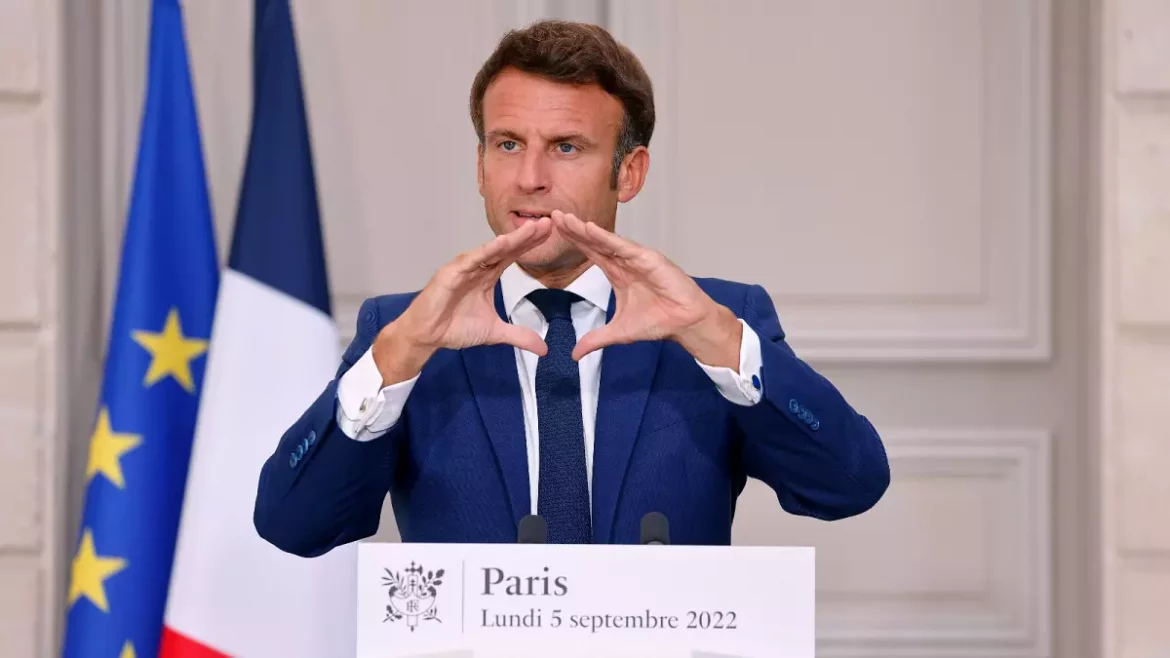France has unveiled an energy-saving plan which is among other things intended to reduce energy consumption by 10% by 2024.
However, the plan has no binding measures, which runs in contradiction with a new regulation adopted by EU countries a week ago.
The measures are the result of four months of discussion, following prime minister Élisabeth Borne’s June announcement of an energy-saving programme for each sector of the French economy in response to the energy crisis and vulnerabilities in the national electricity network.
At a press conference announcing the plan, energy transition minister Agnès Pannier-Runacher said that the watchword is clear: general mobilisation.
Read also: Experts seek legal rights to trees, animals, rivers
The government has also slated 15 key measures, from reducing heating to a maximum of 19C (66F) in offices to encouraging people to carpool in its bid to reduce energy consumption by 10% in two years.
Among other things, the plan includes specific measures for each of the nine economic and social sectors targeted: the state, companies and labour organisations, establishments open to the public and supermarkets, industry, accommodation, transport, digital and telecommunications, sport, and local authorities.
Also, private individuals will be advised to practice “eco gestures”, from reducing shower time to switching off household appliances when they are on standby for too long.
Reports show that while the government insists on the particular need to reduce energy consumption during peak hours – between 8 am and noon and between 6-8 pm – it does not set binding targets.
Pannier-Runacher was quoted as saying that there will not be such a thing as temperature police. However, in its roadmap presented on 14 September, the EU Commission laid out a binding target of a 5% reduction in electricity consumption during peak hours. And in July, EU member states also agreed to a 15% reduction in gas consumption following Russia’s military aggression in Ukraine.
The electricity demand reduction target was formally adopted on Thursday evening after a political agreement was reached last Friday among the EU’s 27 energy ministers.
But while member states will remain free to choose the appropriate means of enforcement, the 5% objective is legally-binding.
Story was adapted from Climate Home News.
